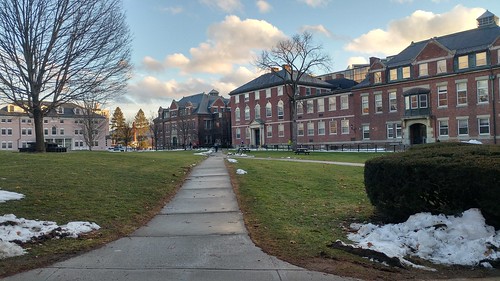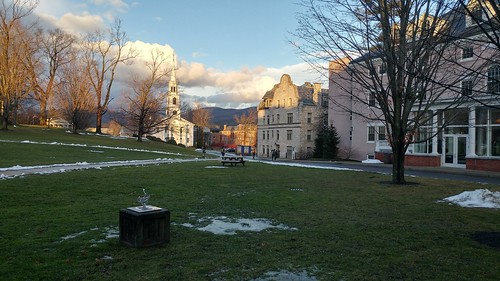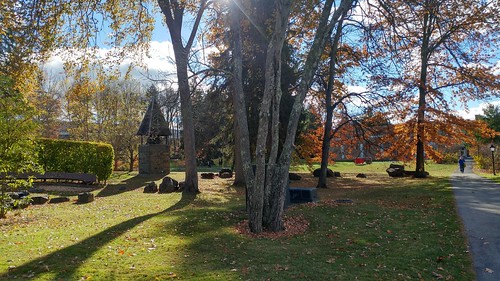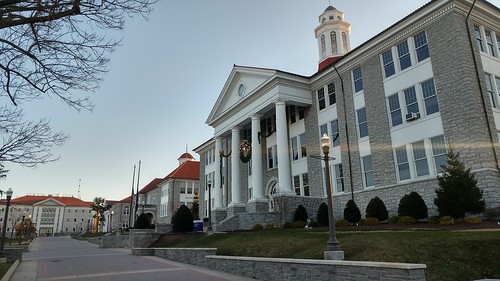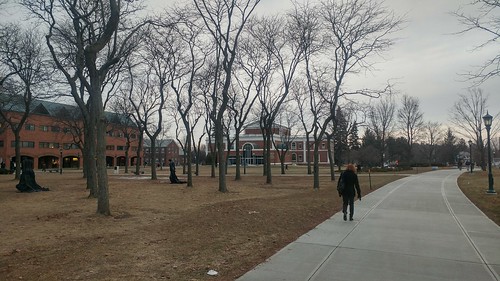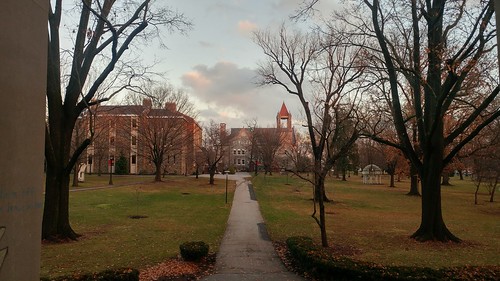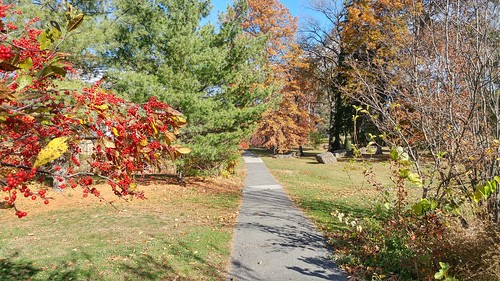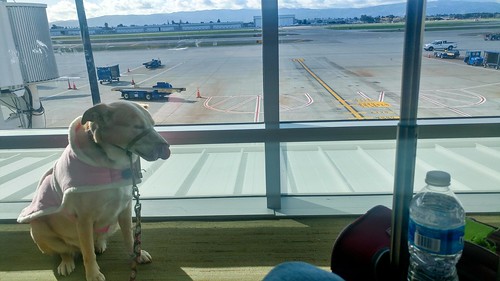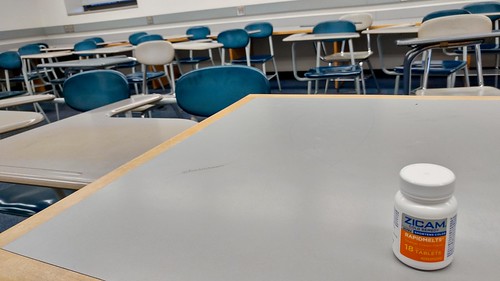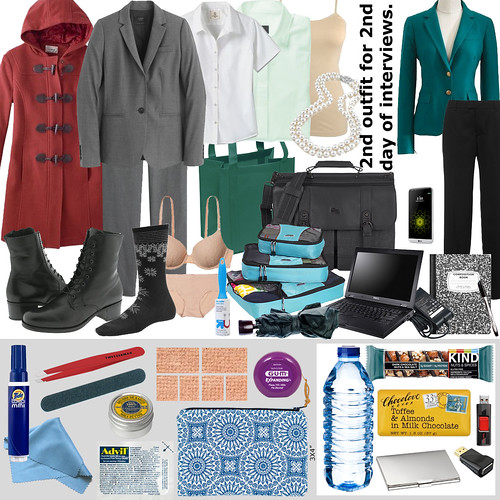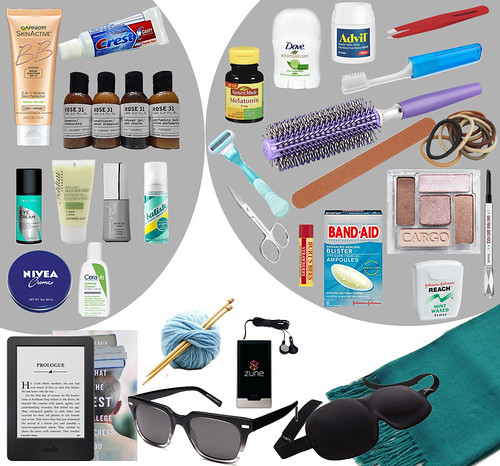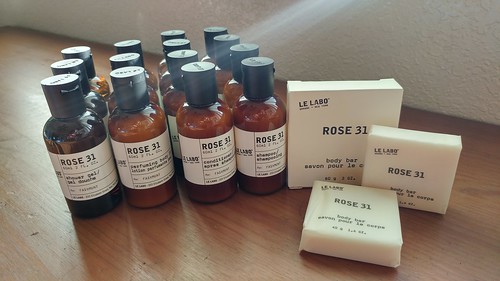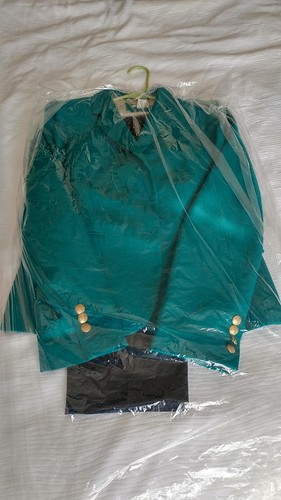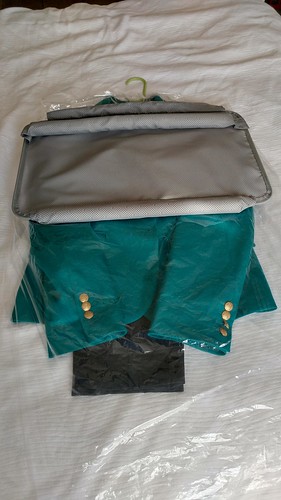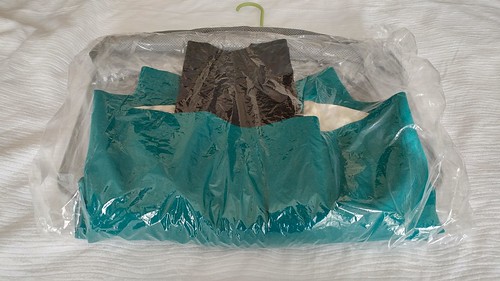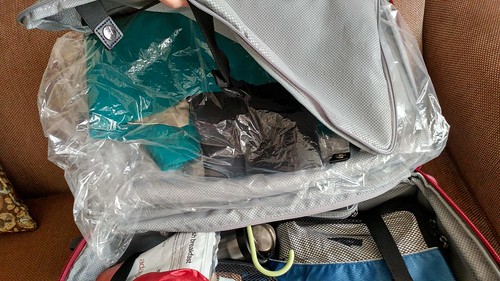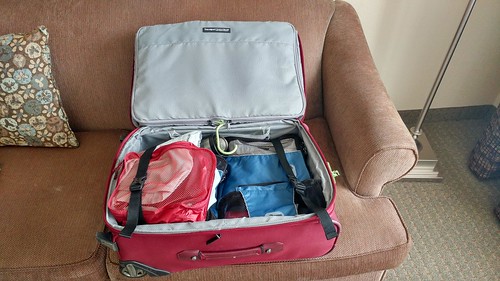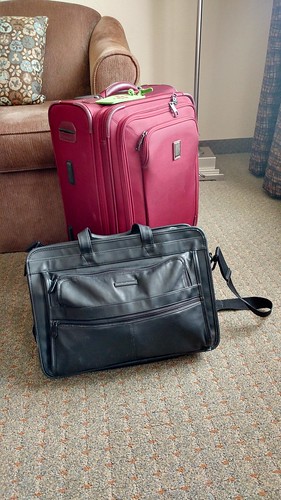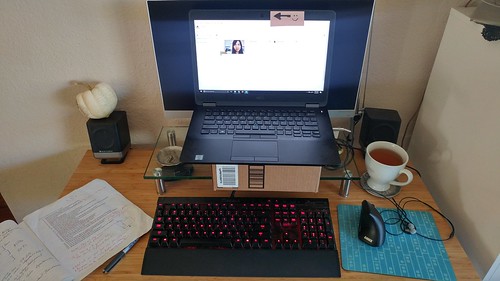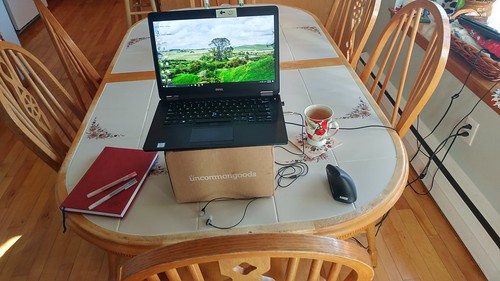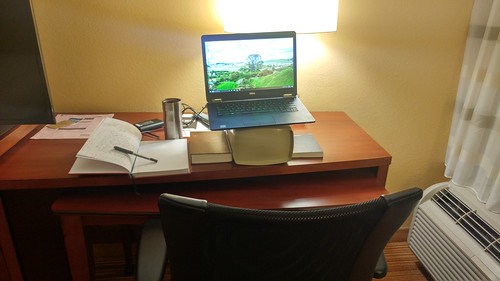Wednesday, March 15, 2017
I'm moving this portion of a previous post here to its own post, as it'll make a nice overview of the process, along with all the posts I wrote about this same topic.
Applying for academic (i.e., professor) positions is tricky. Especially if you're a bit of a newbie, like myself. This post is just covering the very initial, useful resources of which I took advantage. There's other posts I've written about the other bits and bobs of the faculty job hunt process.
Resources for the Entire Faculty Job Hunt Process
There are some good resources on the process, including timelines, advice on creating & tailoring application materials, interview tips, negotiation advice, etc. Particularly:- Stanford's Postdoc & PhD Career Guide: A lovely overview of that week-long jobs workshop I took. Invaluable.
- The Professor Is In: The blog *and* the book. Both very useful, like a job workshop. Really handy if you don't have a mentor who's useful for this bit of professional development. The author also provides consulting services (such as negotiation consulting!!!), and a variety of $50 webinars. I attended a week-long workshop at my university called "Jumpstart Your Academic Career" which was a near equivalent going over the cover letter, research statement, teaching statement, and diversity. If I did not have that support The Professor Is In webinars would be worth every penny. Karen Kelsky is the career advisor you never had. A bit polarizing, but better than complete ignorance!
- The Journey to a Teaching-Oriented Faculty Position: A Handbook of Advice for Graduate Students was written by Janet Davis, who's written a decent amount on the topic. I didn't know about this when I was on the job market, but it looks to be very useful advice for the entire process.
- SIGCSE Committee on Computing Education in Liberal Arts Colleges, specifically for Computer Science. 'Has relevant job postings and other resources.
- Philip Guo's Faculty Job Search Overview: The author is in my field, which yields this day-by-day rundown of events incredibly useful for me, but it's nice to get a rather frank insight into the entire process. The timeline at the end could give you great insight into how the whole interviews/offers/negotiation thing might work on a day-by-day scale.
- 'The Jobs I Didn't See' a junior faculty member's personal account of his time on the job market in-between research and teaching schools.
- Another colleague in my field wrote a four part series weighing the pros & cons of an R1 Faculty career versus Industry: [1] [2] [3] [4] (note: the liberal arts college perspective is omitted in this resource)
- Your usual mentors: PhD Advisors, collaborators, peers who have graduated, Post-doc mentors, department heads, etc. etc.
- University Resources: Does your university run a careers workshop for people with PhDs? Or a CV review? Or even just a writing/speaking center for improving your written materials and job talk? Your university career center may be more or less useful, depending on whether they cater to PhDs at all.
- Your Friends'/Peers' Successful Applications Materials: Do you have a friend who proceeded to the interview stage in their faculty job search? Get their cover letter, research statement, and teaching statement. For research institutions. For liberal arts colleges. All the jobs. People don't mind sharing :)
- I'm probably missing some good ones, but these are an okay start.
Here are all the posts BYOV has written about the faculty job hunt:
- Overview of the Assistant Professor Job Search
- Applying for Academic Positions
- Remote Interviews
- Packing for On-Campus Interviews
- On-Campus Interview Lessons Learned
- Sample Assistant Professor Job Hunt Timeline
- Reflections on Negotiation
- Descriptive Statistics of my Job Search
- Deciding Research or Liberal Arts
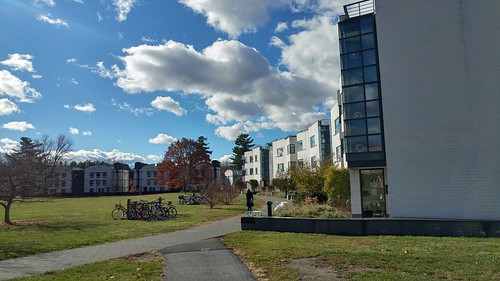
Specific Resources I'm Glad I Accessed
Also note that the Deciding Research or Liberal Arts post has some concrete suggestions directly related to preparation for Liberal Arts Colleges. Teaching- Formal [written] teaching feedback from an education expert at CMU's Center for Teaching Excellence and Educational Innovation
- Early course evaluations I collected from students, at the recommendation of that same Center for Teaching Excellence and Educational Innovation at CMU
- A semester course on goals, instruction, and assessment alignment from CMU's Psychology department
- Various volunteering activities with girls in computer science. Seriously pursue things you enjoy.
- 2x Teaching Assistant opportunities in my department during my PhD
- Having the head instructor sit-in on all of my recitations, so he could write a well-informed teaching reference letter (and also giving him a bulleted list of specific things to talk about to jog the memory - this is a wise move for more distant letter writers).
- Several guest-lecturing opportunities in my department during my postdoc
- CIRTL Evidence-based Online Courses for Teaching STEM Undergraduates
- Attending practice job talks for other folks.
- Attending actual job talks for my department.
- The one internal grant-writing opportunity I've had as a postdoc (would've been nice to have more)
- Personal Websites hosted on university servers with my teaching portfolio and research projects portfolio
- CV workshop held by my department head at CMU
- Negotiation workshop held by my department head at CMU
- Stanford's Jumpstart Your Academic Career week-long workshop on applying to faculty jobs
- Stanford's Hume Center for Speaking and Writing for when I needed a lay person's read of my application materials
- Stanford's BEAM Career Center for providing me with a Science Career Coach with a PhD who edited my research statement and Skyped meetings with me in-between campus interviews about how to handle my multiple-job-offer decision-making
- Shared job talk slides and a Skype conversation with a colleague in a position that I wanted to emulate
- The Professor Is In for being the 4th mentor I never had. Philip Guo's Faculty Job Search Overview for an additional perspective. And the foundational Stanford Postdoc & PhD Career Guide.
- 'Making Things Interactive' course, because I ended up talking about it in my interviews. I'll now be teaching a similar-ish course on topics from this class, and projects from my volunteering experience.
- Standard PhD stuff: Dissertation, Publishing lots, Advisors that have your best interests at heart, etc.
- Drilling my dissertation defense over and over and over again with my advisor, until I picked up the useful skill of telling a research story
- 2x 12-week internships during my PhD with one publication each. One international company, one at a brand name place. 'Shows I can work in multiple environments.
- Doing a postdoc. How does anyone write their dissertation while also applying to faculty jobs?!
- Doing a postdoc at a university I haven't previously been affiliated with, with collaborators I've never worked with previously.
Specific Things I Wish I'd Done
- Teaching a full course as lead instructor would make the liberal arts sell a bit easier, and my future teaching as well
- More grant-writing experience
- Having my job talk semi-prepared after submitting applications (campus interviews happened so fast). Having attended lots of job talks & speaking with some mentors, I was pretty sure how to go about doing the job talk, but I would've liked to use my university's speaking & writing center to video & constructively criticize my talk.
- Set up more collaborations during my postdoc earlier, try to establish some career-long ones.
- Attended more of Stanford's postdoc pedagogy workshops earlier, and more frequently.
- I had completed all the requirements for a Future Faculty Teaching Certificate during my PhD, except for the 40 hour curriculum development project. I should've just finished the thing!
- Publish more papers in my main field. The usual.
- Pursued more of my academic-relevant passions. That Dissertation Doom Cloud was soul-crushing.
BYOV Posts on the Faculty Job Search
- Overview of the Assistant Professor Job Search
- Applying for Academic Positions
- Remote Interviews
- Packing for On-Campus Interviews
- On-Campus Interview Lessons Learned
- Sample Assistant Professor Job Hunt Timeline
- Reflections on Negotiation
- Descriptive Statistics of my Job Search
- Deciding Research or Liberal Arts












